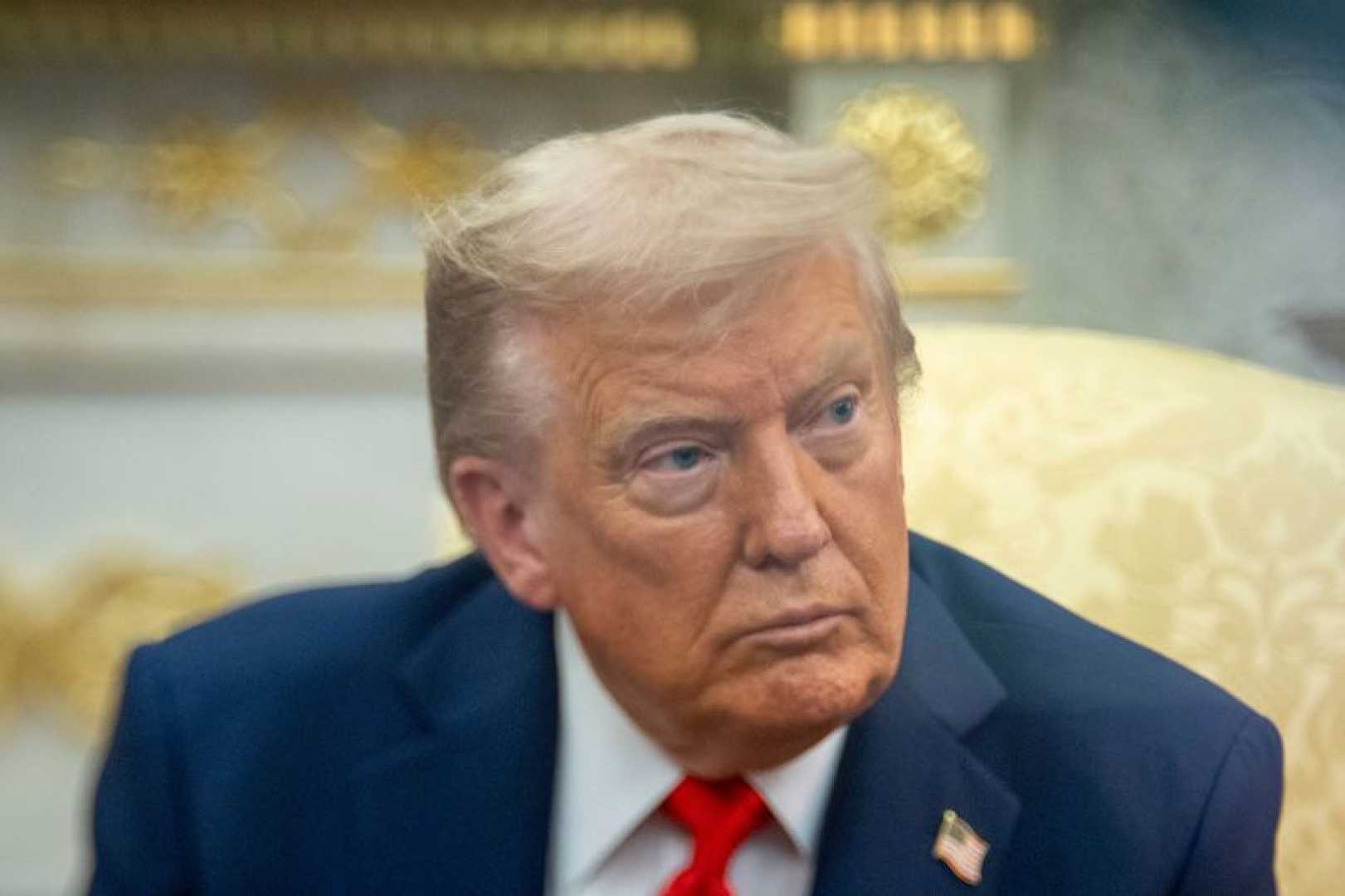Politics
Trump Questions Vaccine Efficacy Amid CDC Leadership Crisis

Washington, D.C. — Former President Donald Trump sparked renewed debate regarding the effectiveness of COVID-19 vaccines on Monday. His comments follow recent turmoil at the U.S. Centers for Disease Control and Prevention (CDC), which has faced significant leadership changes recently.
Trump, in a post on Truth Social, expressed frustration with the CDC, claiming it is being “ripped apart” due to discussions about vaccine success. He urged pharmaceutical companies to publicly disclose data proving the vaccines work against COVID-19. “I want them to show them NOW, to CDC and the public, and clear up this MESS, one way or the other!!!” he wrote.
His remarks came just days after Dr. Susan Monarez was fired as CDC director amid disagreements over vaccine policies. Trump emphasized the importance of transparency, calling his administration’s Operation Warp Speed “one of the greatest achievements ever in politics,” while also acknowledging skepticism among his supporters.
“Many people think they are a miracle that saved millions of lives. Others disagree!” Trump stated. He claimed that drug companies have withholding “extraordinary” data from the public while pursuing new ventures.
In response to Trump’s comments, the CDC has reiterated its commitment to evaluating vaccine efficacy and safety, even as the agency navigates internal conflicts sparked by the leadership shake-up. A spokesperson for the White House stated that health decisions will continue to rely on “Gold Standard Science.”
Recently, the U.S. Food and Drug Administration announced it would narrow approval for the next COVID-19 vaccine, creating confusion over eligibility. Critics argue this decision reflects a lack of clarity about the vaccines’ necessity for those in good health.
Questions surrounding approval processes have also surfaced due to Monarez’s ouster and the appointment of new leadership under Jim O’Neill, a chief long associated with vaccine skepticism. The shifting dynamics have led to concerns about the future of vaccine policy in the U.S., as well as the CDC’s role in public health recommendations.
The agency faces a growing crisis as more officials resign, raising alarms about potential changes that could limit access to widely accepted vaccines. Without clear direction, many in public health worry the CDC might struggle to regain public trust in its recommendations.
Next week, the Advisory Committee on Immunization Practices is set to meet to discuss prospective vaccine guidelines, which may include the hepatitis B vaccine—an immunization that has faced scrutiny from CDC critics.












